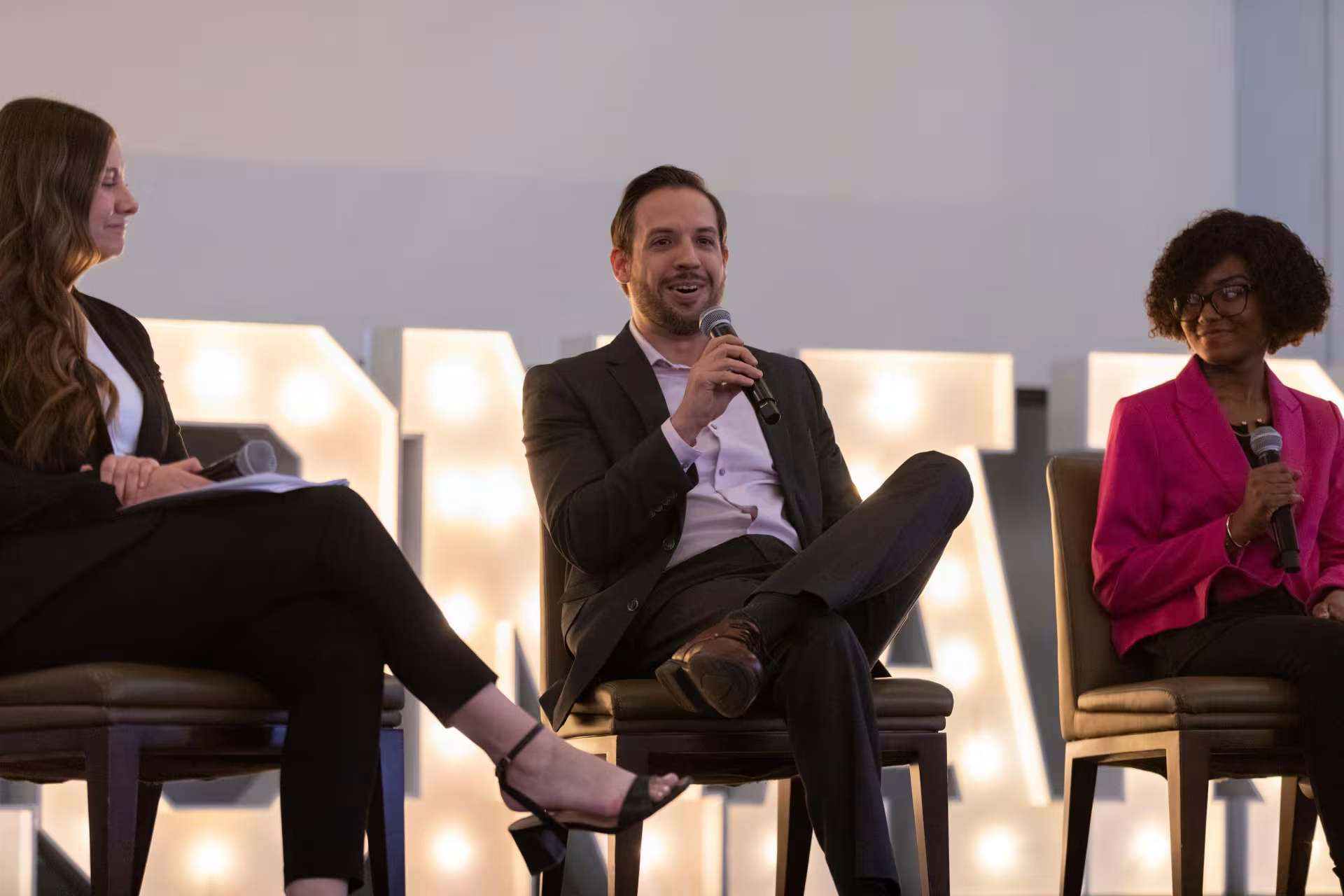Read time 6 minutes
Published on Jul 23, 2024
How hard is it to get a doctorate, and is it worth the effort? There is no question that earning a PhD degree can be challenging. However, you may find the rewards to be worth your effort once you graduate.
How Hard Is It To Get a Doctorate? Main Challenges to Know
The doctoral experience will be different from person to person. You may face certain challenges that another student won’t and vice versa. However, some of the most common obstacles may be as follows:
How To Get Into a PhD Program and Secure Funding
One of the challenges of earning a PhD degree is getting accepted into a program and then securing funding for your studies. When considering how to get into a PhD program, the first step is to choose the right program for your needs and professional goals. You’ll want to be sure your prior academic accomplishments will allow you to meet the minimum eligibility requirements for admission.
Funding your PhD can be another challenge. Fortunately, there are multiple avenues to consider.
One of the possible methods of funding your graduate studies is applying for tuition reimbursement from an employer. If you’re currently employed and planning on working full time while earning your PhD, this can be a good option for you. When asking for tuition reimbursement, focus on how earning your doctorate can benefit the company and its clients or customers. If funding is approved, you may be asked to commit to working for the company for a certain length of time.
Other common methods of funding your PhD degree include:
Securing Funding for Research
Funding your PhD involves more than paying tuition. You may also need to find a way to finance your research. Regardless of whether your dissertation is built into the coursework from day one or whether you need to complete classes before beginning your research, it’s best to start looking for sources of funding as soon as possible.
Applying early and often to various research grants and fellowships in your field may increase your chances of success. In fact, it’s best to identify potential opportunities even before you’re eligible to apply for them. When submitting your applications for funding, be sure to follow all instructions precisely.
Compatibility With Your Dissertation Advisor
Once you’re enrolled, you may find it beneficial to work well with your dissertation advisor. Compatibility with one’s advisor is a significant factor in student success, as you’ll be working closely with this person for multiple years.
Beyond compatibility, it’s important to establish the parameters of the relationship early on. Arrive at every meeting prepared with an agenda of items to discuss and questions to ask. Establish a preferred means, style and schedule of communication and stick with it. Lastly, reflect upon their advice with an open mind.
Unrealistic Expectations Regarding the Work
If you’ve already completed a master’s degree, then the question, how hard is it to get a PhD? might sound irrelevant at first. After all, you’ve already completed graduate-level coursework and written a master’s thesis. How hard could a PhD be?
Recognize the intensity of a doctorate program, as it can offer challenges that go beyond the demands of a master’s degree. While a master’s program is more rigorous than a bachelor’s program, a PhD involves conducting original research, providing an opportunity to make a unique contribution to your field. Unlike a master’s program where coursework and faculty guidance are prominent, a PhD program encourages you to take the reins and be self-driven, fostering independence and deep expertise.
Furthermore, a PhD requires in-depth research, attention to detail and critical analysis. It also takes longer to complete, which means you’ll need to sustain your motivation for the long haul. While a PhD is certainly doable, it’s important to enter the program with realistic expectations. You’ll need to have an excellent work ethic and great time management skills.
Avoiding Social Isolation
Many new graduate students cite isolation as one of the main challenges of earning a PhD. This can be due to a few factors. Since you will be busy with work and school, you might have trouble finding the time to meet up with your usual social circle. In addition, you might find that your loved ones have trouble understanding or adjusting to the new demands on your time.
Plus, a dissertation is primarily a self-driven process. Of course, you will have the full support of the university, your advisor and your peers. However, you will be expected to do the bulk of the work by yourself. For some people, this can feel like a lonely endeavor.
This challenge is best dealt with proactively. Even if you don’t think you’ll have a problem with the social isolation, you should take steps to avoid it. Make time for your friends whenever possible — even if it’s just once every couple of months.
In addition, you should strive to meet new friends in your graduate program who fully understand the rigors of the PhD process. Try to establish mutually supportive relationships with a few of your fellow students. Use email and texts to send messages of encouragement when time doesn’t allow for in-person meetings.
Consider the Heavy Workload
Even if you’re planning to earn your PhD on a part-time basis, you can generally expect a significantly higher workload than you’re accustomed to. It’s easy to feel overwhelmed, especially when you’re just starting your program and you’re wondering how you’ll manage to finish your dissertation. Know that plenty of other doctoral learners have been through this same problem — and you’ll get through it, too.
First, try to avoid thinking too big. Focus on the small details. Break down your dissertation into a list of discrete, small tasks and focus on just one at a time. Don’t hesitate to reach out to your advisor or other departmental staff for assistance if you’re feeling a little lost.
Maintaining a Work/Life Balance
Most PhD students work long hours for a handful of years to complete their degree. It might seem like your best course of action is to work as much as possible every single day so that you can stay on track toward graduation. However, this is a recipe for burnout.
It’s important to schedule regular breaks each day. Make time to do one thing for yourself every day. Go for a walk with a loved one, volunteer at an animal shelter, join a sports team or cook a healthy meal. You’ll find that you return to your work feeling more refreshed and energized.
Should I Get a PhD?
Now that you’ve considered questions such as, How hard is it to get into a PhD program? and What challenges will I face?, it’s time to consider whether earning a PhD is the right course of action for you.
Only you can decide whether heading back to school is the right choice, but in general, a PhD may be the right move if the following apply:
Admission Requirements for a PhD Program at GCU
If you have a master’s degree from an institutionally accredited school with an overall GPA of at least 3.4 (or at least 3.0 with specifications), you may qualify for admission to a doctoral program at Grand Canyon University. Certain programs may have different admission requirements.
Earn Your PhD From GCU
The College of Doctoral Studies at GCU offers student support services to help our doctoral learners achieve their goals. In addition, the dissertation process is fully integrated throughout the coursework, enabling you to stay on track toward graduation.





